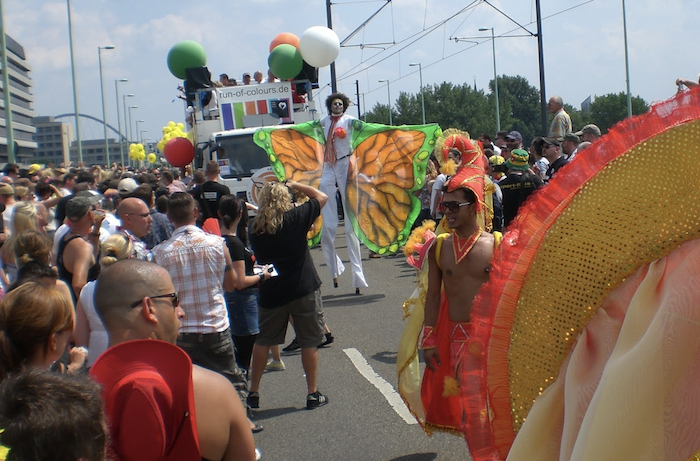Diversity, equity and inclusion
How I finally found my tribe and opportunities to help others





Disclaimer: The statements and opinions expressed in this article are those of the author(s) and do not necessarily reflect the positions of Thoughtworks.
